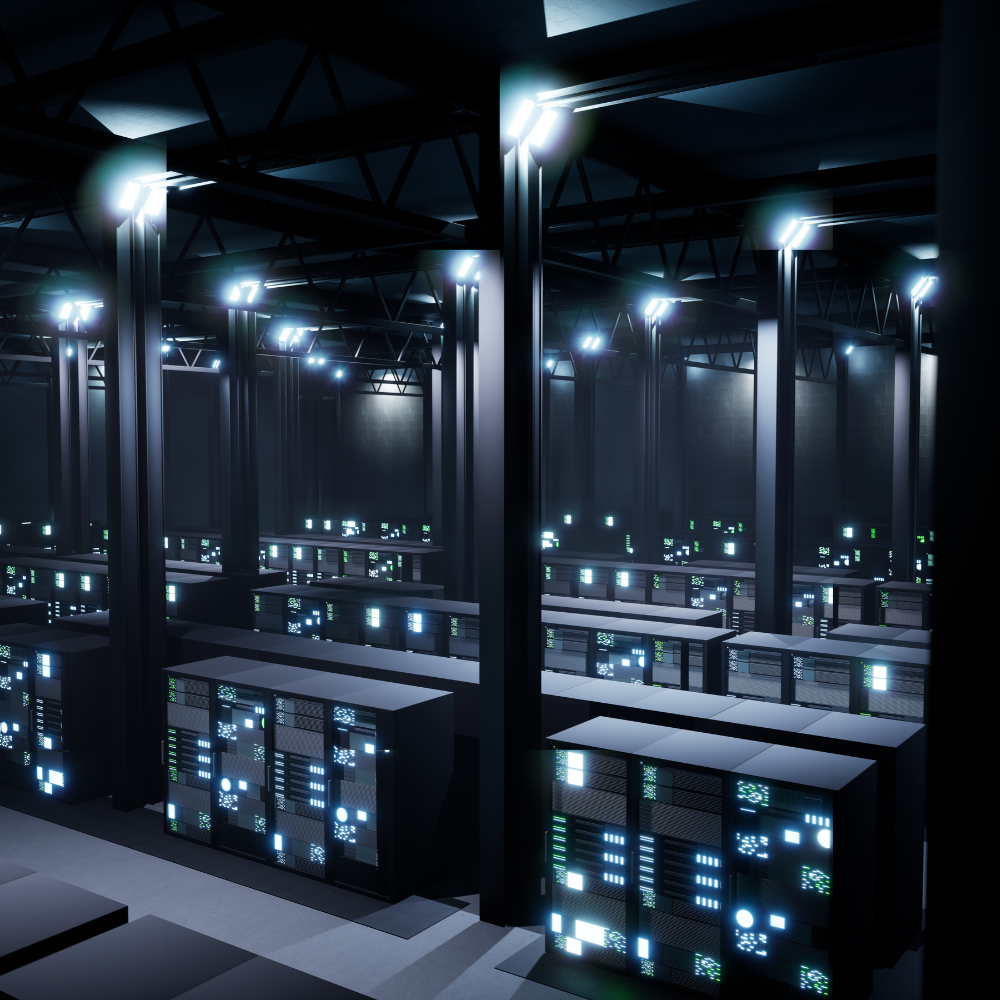Google embraces nuclear energy to power AI data centers
Google has entered into an agreement to utilize small nuclear reactors to generate the vast energy required for its artificial intelligence (AI) data centers. The new partnership with Kairos Power plans to deploy the first reactor by the end of this decade, with additional reactors expected to be operational by 2035. However, the financial details of the deal, including the locations where these reactors will be built, have not been disclosed.
Tech companies are increasingly exploring nuclear power as a solution to meet the enormous energy demands of their AI-driven data centers. These centers require consistent, large-scale energy supply, and nuclear power is being viewed as a promising option due to its ability to provide constant, carbon-free electricity. Michael Terrell, Google’s senior director for energy and climate mentioned that the grid needs new electricity sources to support AI technologies. He emphasized that the agreement with Kairos Power will accelerate the development of new, reliable energy technologies, which are essential to unlocking the full potential of AI while meeting energy needs sustainably.
The collaboration also marks a significant step for Kairos Power, a California-based startup specializing in advanced nuclear energy. According to Kairos executive Jeff Olson, the deal will help demonstrate both the technical and market feasibility of small modular reactors, which are considered vital for decarbonizing power grids.
Kairos’ reactors differ from traditional nuclear power plants by utilizing molten fluoride salt as a coolant instead of water. This innovation could offer a safer, more efficient solution for generating nuclear energy.
The project is still subject to approval from the U.S. Nuclear Regulatory Commission and local authorities before it can proceed. In 2022, U.S. regulators granted Kairos Power the first permit in 50 years to construct a new type of nuclear reactor. In July, the company broke ground on a demonstration reactor in Tennessee, showcasing its commitment to advancing nuclear technology.
Nuclear power has gained attention as an attractive option for tech companies aiming to reduce carbon emissions while addressing rising energy needs. Unlike fossil fuels, nuclear energy generates electricity around the clock without emitting greenhouse gases, making it a compelling solution in the push toward sustainability.
Data centers globally are expected to more than double their energy consumption by the end of this decade, according to estimates from Goldman Sachs. As AI and other data-intensive technologies expand, finding sustainable energy sources becomes increasingly urgent.
At the 2023 United Nations Climate Change Conference, the U.S. joined other nations in committing to tripling nuclear energy capacity by 2050 as part of broader efforts to shift away from fossil fuels. However, despite its promise, nuclear power remains controversial due to concerns over the risks of accidents and the long-term management of radioactive waste.
Other tech giants have also taken steps toward incorporating nuclear energy into their operations. Microsoft recently made headlines by signing a deal to restart the Three Mile Island energy plant, the site of the U.S.’s worst nuclear accident in 1979. Meanwhile, Amazon announced plans to purchase a nuclear-powered data center in Pennsylvania, demonstrating the tech sector’s growing interest in this clean energy source.










